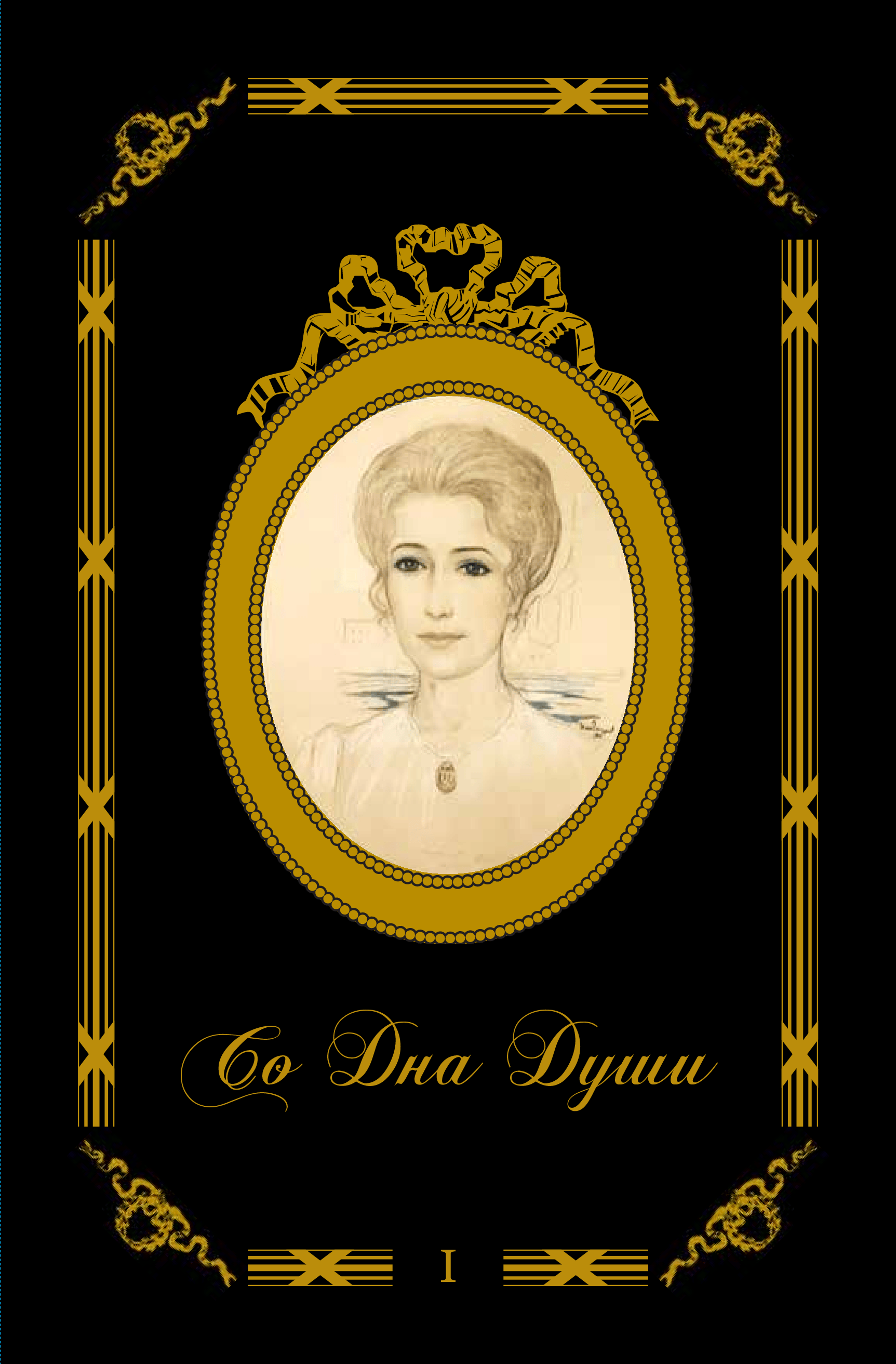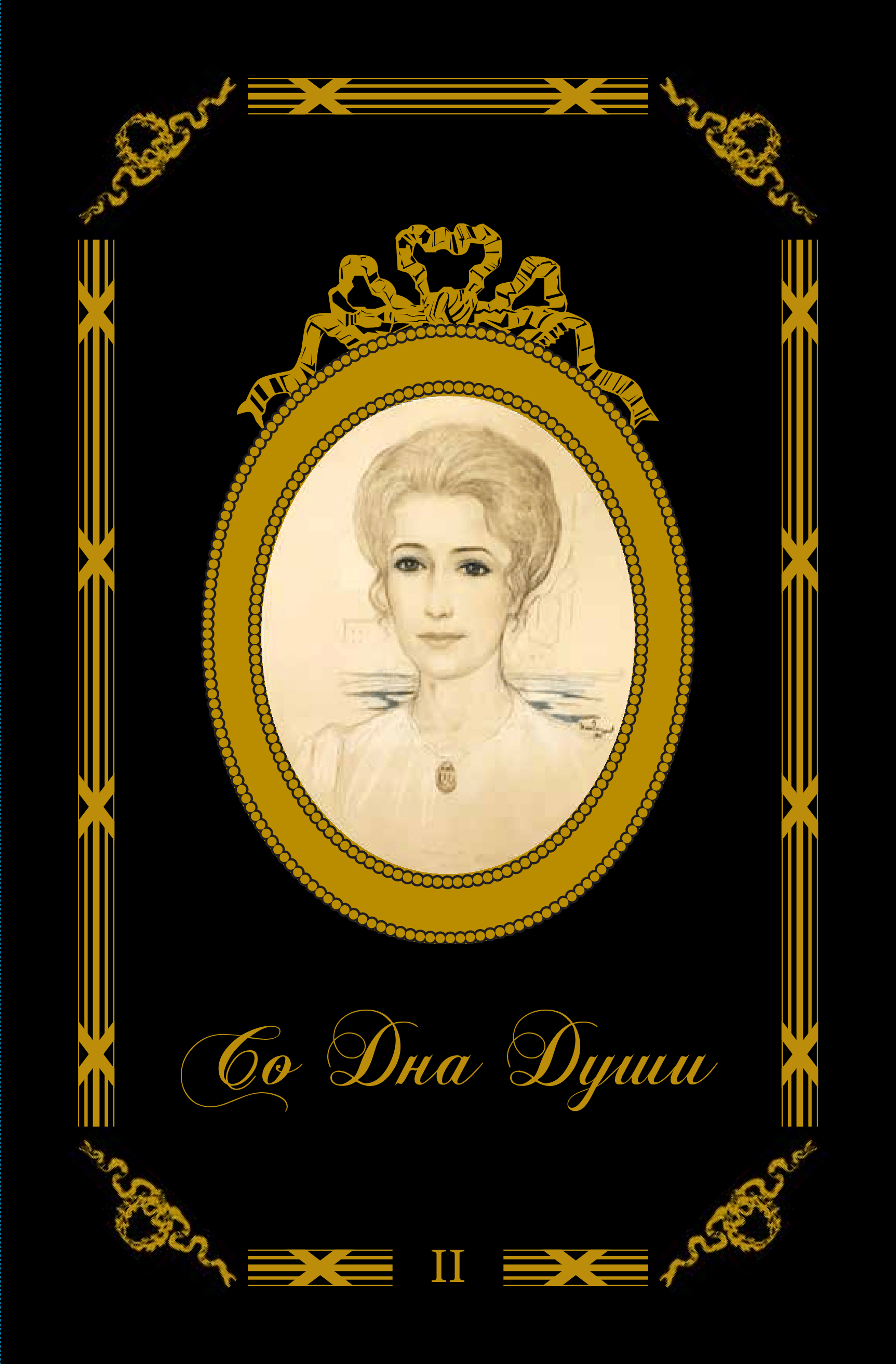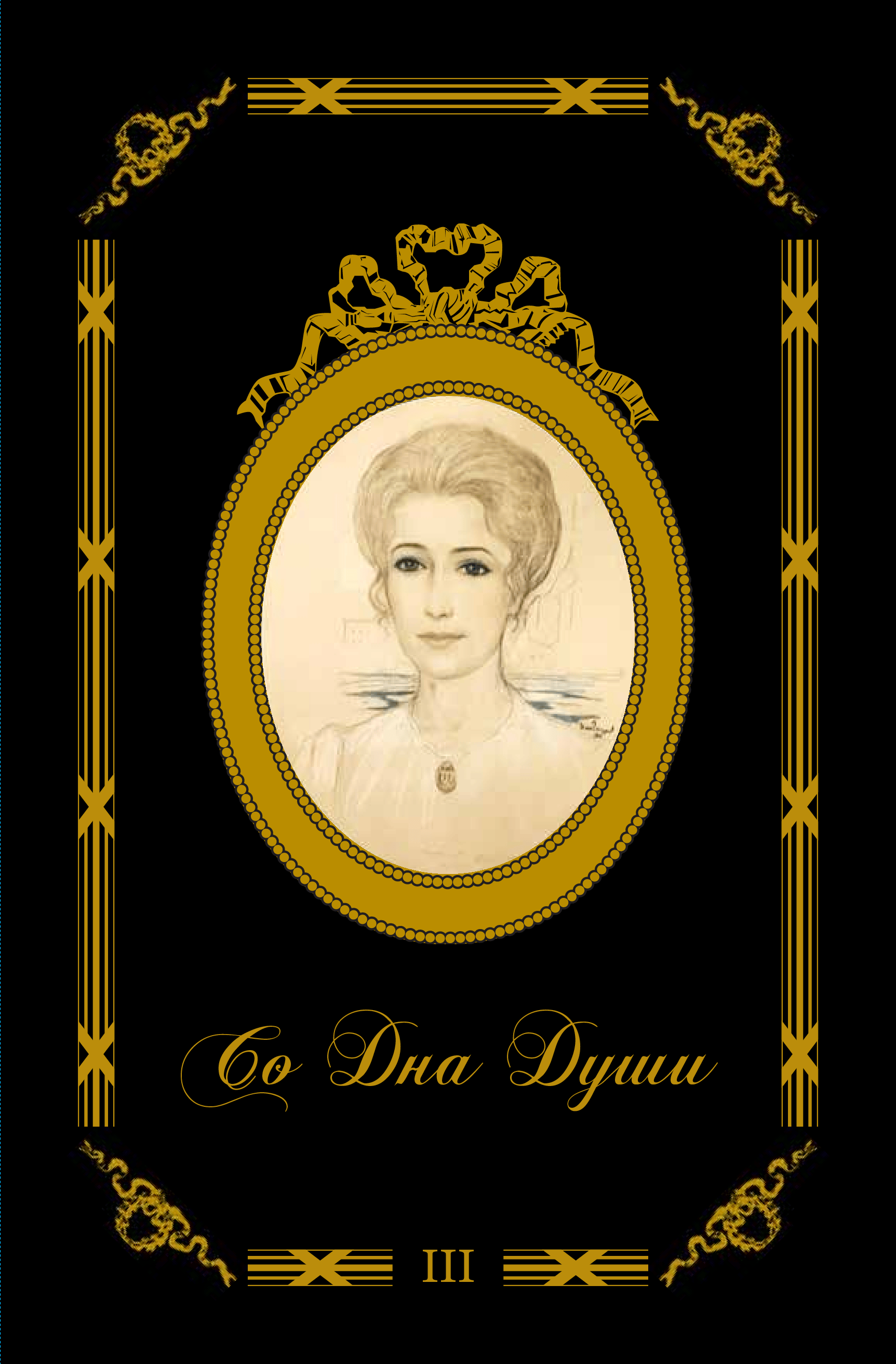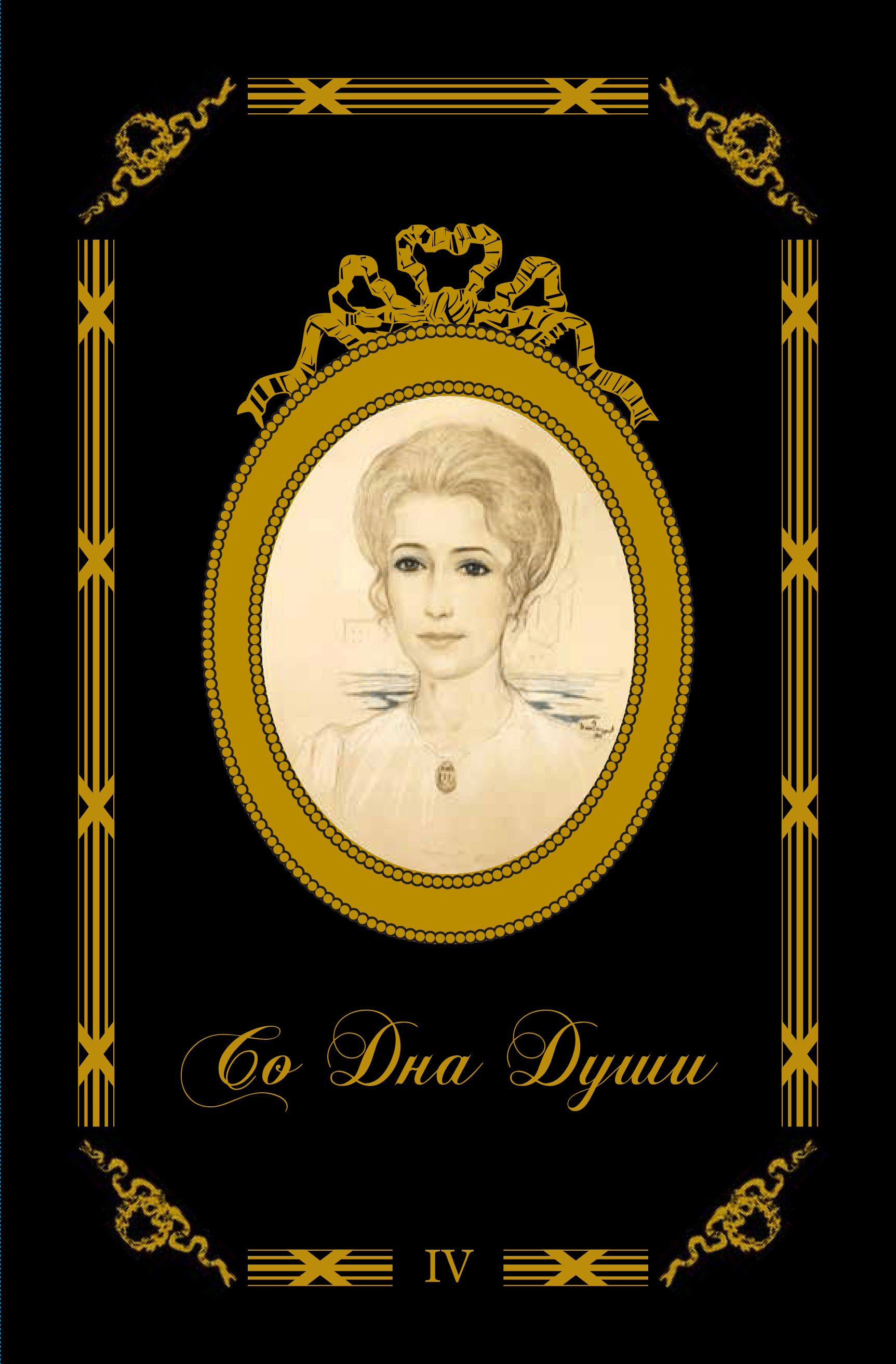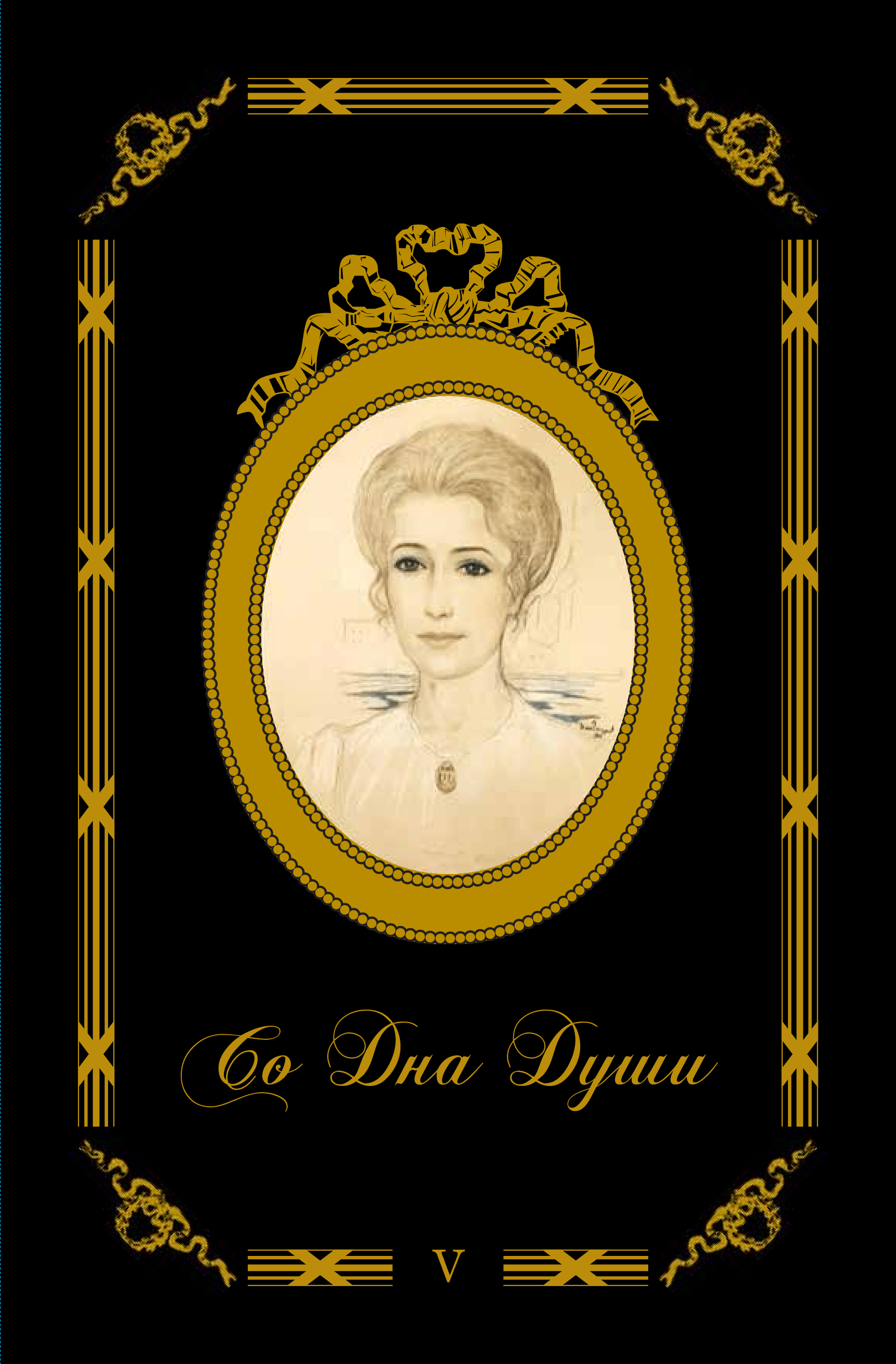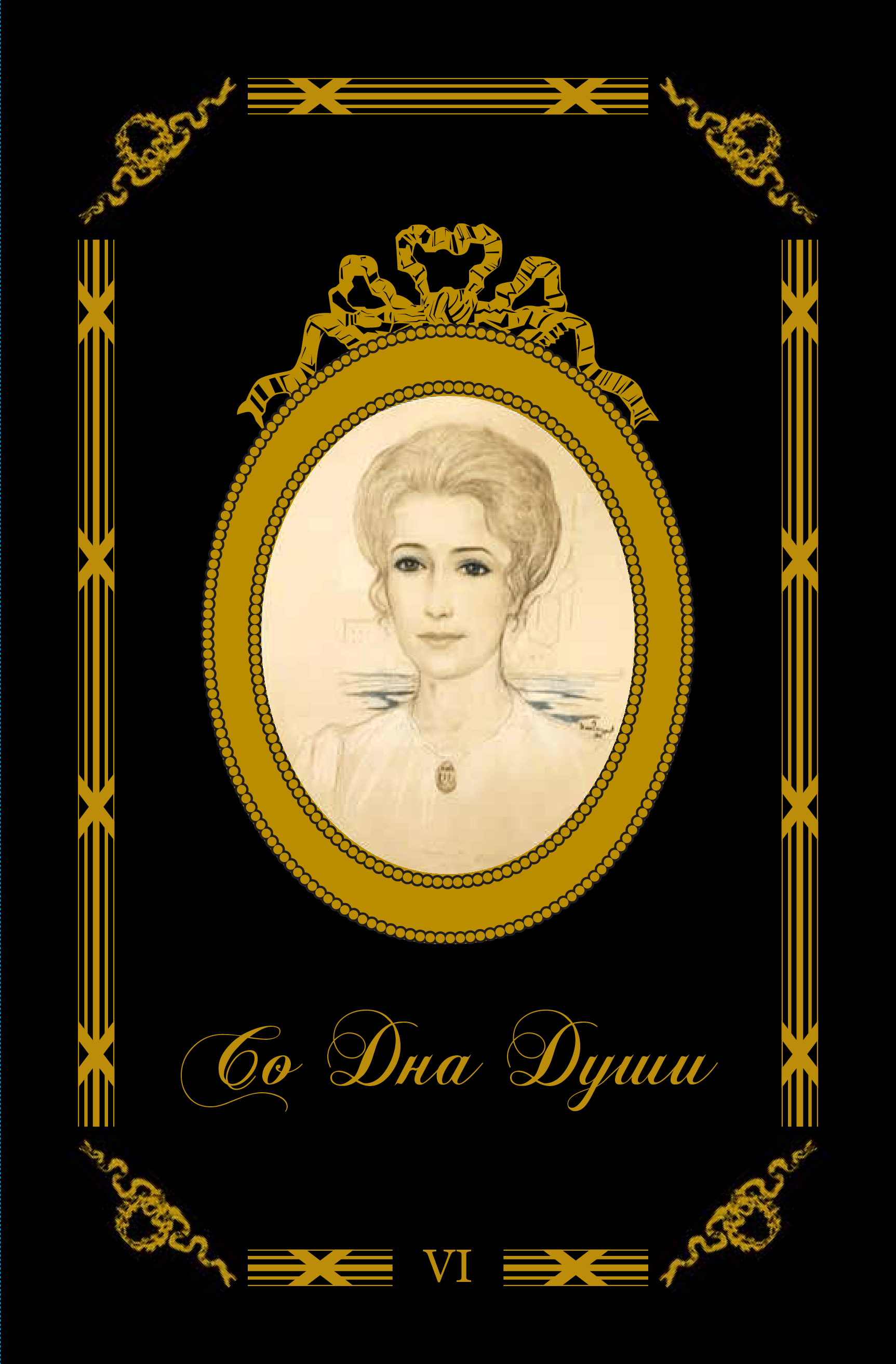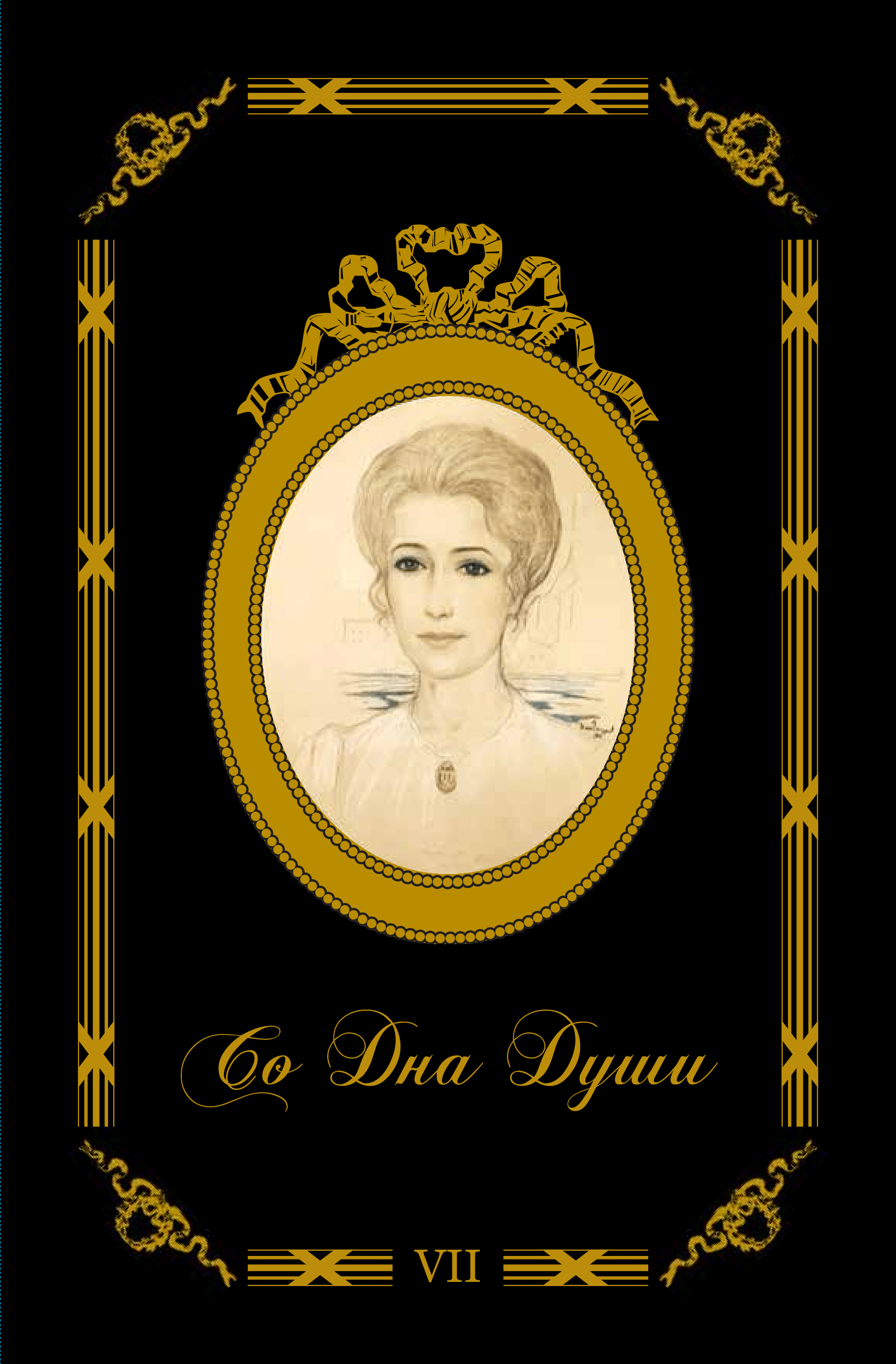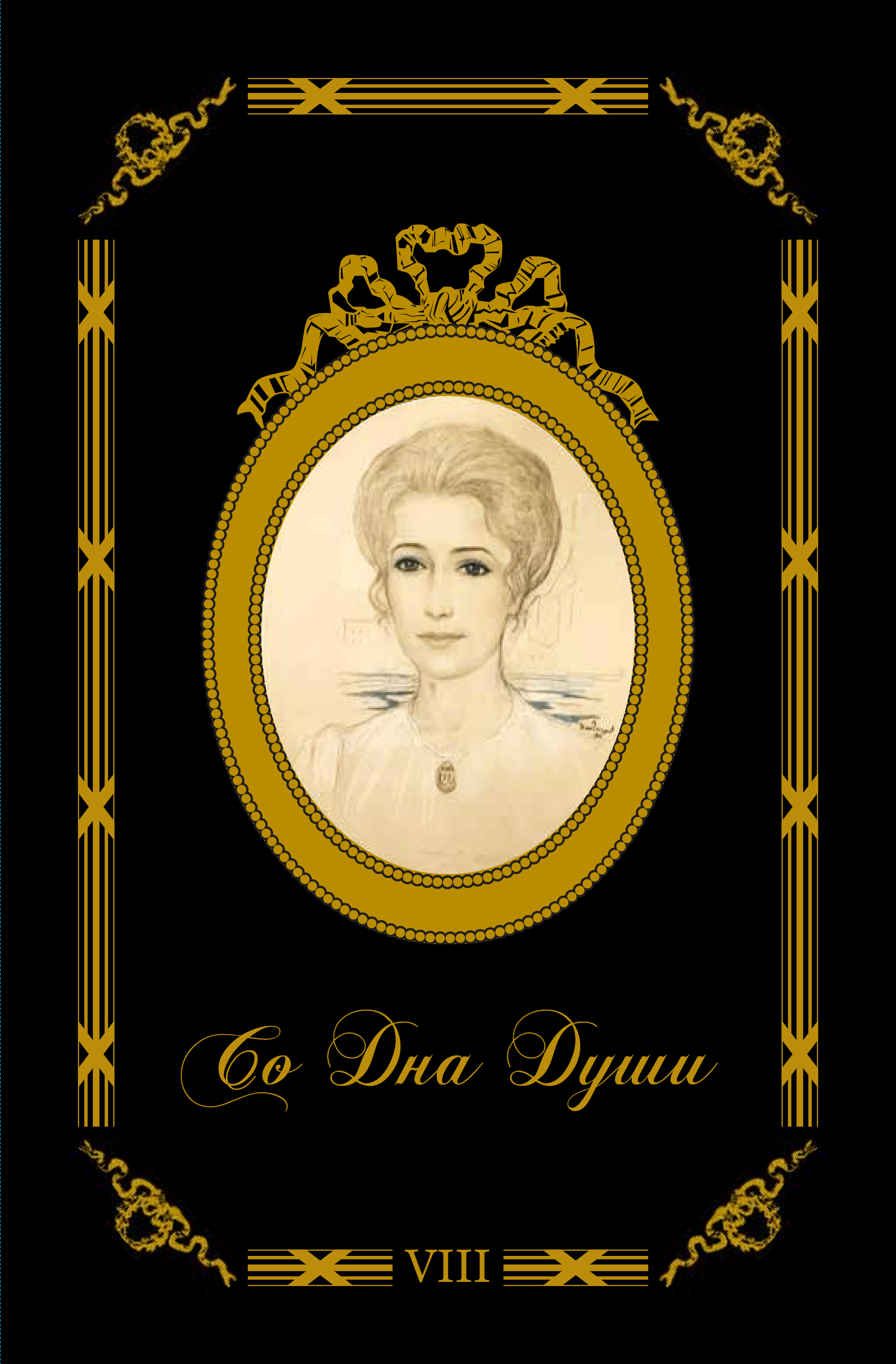Бог сохраняет всё; особенно – слова
Прощенья и любви, как собственный свой голос.
Joseph Brodsky
Joseph Brodsky, having written this poem on the centenary of the birth of Anna Akhmatova, in essence repeats what the Russian philosopher N. Berdyaev said about the religious nature of Russian ideology, where the basis of the morality of a Russian person is the Christian ideal of spiritual life, represented not by a physical person, but spiritual face. The religious component occupies a significant place in the worldview of Natasha, which was inevitably reflected both in her poetry (He came into this world to give everyone warmth; An era is behind me), and in her short stories (Late awakening; Temple at the hospital).
Showing kindness, motivated solely by internal motives for the well-being of another person, is possible only if there is love in a person. From every poem written to the last published short story, Natasha’s work is permeated with love, the spiritual ideal of which is always preferable to pragmatic values.
All Natasha's poems and short stories are permeated with empathy, participation, kindness. Like the Russian emigrants of the first wave of the early 20th century (Ivan Bunin, Dmitry Merezhkovsky). Natasha Peterburzhskaya brings kindness, compassion, hope to the world with her creativity, because this is the meaning of human life. Kindness, in Natasha's literary work, found its reflection in sincerity, respect, compassion, justice, caring attitude towards people, in providing them with help and support.
The unbroken connection of times in Russian fiction of the 20th century can be clearly traced from the Renaissance in the Silver Age, through the great Russian literature abroad and to the end of the 20th century in the poetry of Joseph Brodsky. This connection of times is best reflected in his Nobel speech:
The fact that not everything got interrupted, at least not in Russia, can be credited in no small degree to my generation, and I am no less proud of belonging to it than I am of standing here today.
But this connection was not broken even after Brodsky's death in 1996. In the first half of the 21st century, the work of Natasha Peterburzhskaya continues the centuries-old traditions of Russian literature, praising truly Christian values - kindness, compassion, mercy, spiritual purity, faith, hope, love, goodness and light, stretching a thin connecting thread from Anna Akhmatova to our modern times. The lyricism and identity of their perceptions resonate with each other in a surprising way. They seem to continue their dialogue despite the fact that Anna Akhmatova has long been gone. The best poems of Natasha Peterburzhskaya at the height of their emotional upsurge are consonant with the poetry of Anna Akhmatova.
Ivan Bunin occupies an absolutely huge, one might say invaluable, significance in the literary work of Natasha Peterburzhskaya. The manner of narration, the amazingly subtle way of getting to know the characters of her works, the development of the plot, and most importantly, the endless love for the Russian language and the ability to use it, this is the key that makes Natasha’s short stories akin to the magnificent stories of Ivan Bunin. Her short stories, like watercolor sketches or skillfully executed decorative panels, in which there is not a single superfluous halftone, convey the feelings of the characters with all the richness of shades inherent in Russian literature. The extraordinary subtlety of the verbal frill used by Ivan Bunin in his stories permeates all the work of Natasha Peterburzhskaya.
Natasha gives an important role in her short stories to the drawing of details - the decoration of rooms, accessories, description of everyday life, playing up each element, where the most subtle nuances matter. Natasha deliberately inserts her poems into prose, believing that the rhythm and musicality of poetics should also be present in prose works, which undoubtedly stands out uniquely from the general flow of Russian-language literature of both the 20th and 21st centuries.
But this is far from the last quality; the main character of Natasha Peterburzhskaya’s short stories is a woman: beloved and loving, happy and suffering, in love for the first time and a woman over her 40th who has seen a lot in her life. The world of these women is immense - this is both: an outrageous cosmos of feelings, and sacrifice for the sake of love, but this is always a Russian woman, whose roots go back not only to the great Russian writer Ivan Bunin, but also to the one of the classics of Russian literature icons Nikolai Nekrasov. Yes, Natasha Peterburzhskaya describes women of the 20th and 21st centuries, but these modern women somehow incredibly connecting with the women of Clean Monday, Easy Breathing and Sunstroke by Ivan Bunin. Natasha Peterburzhskaya 's attitude to Ivan Bunin is best conveyed by her poem, dedicated to him and was written in Volume 3 of her Poem Book, which was published in the USA in 2022.
Читали все с восторгом и тоской,
В “Аллеях тёмных” цвёл шиповник алый,
Любовь с крестьянкой молодой,
Вы помните, был дворянин усталый…
И “Митина любовь” неразделённая,
Мучительнейшей ревностью гонимая,
В нём кровь кипела возбуждённая,
Рыдала и любовь непобедимая…
Как на межах полынь белела,
Росса поблёскивая пала на листки
И как его душа болела
“Последнего свиданья” вопреки…
И беззащитно “Лёгкое дыхание”
С холодным ветром унесла молва,
И над могилой неприкаянно
Звенящая стояла тишина…
Ни Нобель, ни сердечные овации,
Ни боль души щемящей эмиграции,
Божественный не перевесят дар
Ивана Бунина и “Солнечный удар”.
None of the more than 450 poems she wrote were ever published in the Soviet Union; none of the more than 200 short stories she wrote were ever published in the Soviet Union. Only after moving to the United States Natasha Peterburzhskaya did have a real opportunity to publish her poetry and prose works. However, in order to understand how humanly profound and modern her poems and short stories are, you need to read them.
For the 21st century generation, flipping through gadgets on the go, complex literary plots seem far-fetched and the characters seem artificial. There is too much compassion, mercy, spiritual purity, romantic tenderness and kindness that the modern readers, who are looking up to the sky and not seeing the firmament, with their rational share of egoism, very hard to understand this literature complicity.
After publication in the USA, the literary works of Natasha Peterburgskaya became the property of society for the first time, which, unfortunately, in the modern cruel world is deprived of a sense of love, devotion, kindness. These undying human values are carried by the literature of Natasha Peterburzhskaya.
Natasha's life is a desire to convey to people through her creativity the great foundations of Christianity - love, kindness, mercy, compassion, as a necessary basis for human existence, because it is love that gives birth to hope, thus forming a stable Christian triad Faith - Hope - Love not only in human consciousness and in philosophical works, but also in the literary work of Natasha Peterburzhskaya.
Не красота наш мир спасёт,
Любовь спасёт и послушание,
Душа найдёт покой, и сострадание,
И веру в Бога обретёт.

